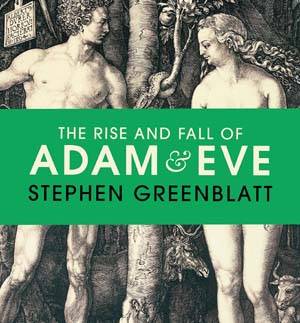We may not be seeing the Pope in handcuffs any time soon but by common consent the Catholic Church is facing perhaps its greatest crisis of the modern age. Just ask the Catholics. The attempt to have the Pope indicted may be being fronted by Richard Dawkins and Christopher Hitchens, the world’s most prominent atheists. But the campaign to hold the church to account for systemic child abuse and the persistent cover-ups is being driven by Catholics themselves. For some “cultural Catholics” like journalist India Knight, it has been the last straw. “I can stay no longer in this Church of Disgust,” she declared in The Times, while liberal Catholics and theologians have added their voices to calls for the Pontiff to come clean. “All he needs to do is follow his own advice: search his conscience, take responsibility for any sins he may have committed, and conceal nothing,” writes Michael Friscolanti in Maclean’s magazine. Meanwhile numerous Facebook sites have popped up, populated by former Catholic school pupils eager to share their stories and their outrage. Even an arch conservative like the Telegraph’s Damian Thompson has been forced to acknowledge the “monstrous betrayal of the innocent by a small minority of Catholic priests and a much larger proportion of Catholic bishops and bureaucrats”, although he argues that Pope Benedict has done far more than his predecessor to root out the abusers.
Whatever you think of the attempts to put the Pope in the dock, in this issue Richard Wilson makes a devastating case that, beyond even the horrific child abuse scandal, the entire Catholic establishment has a very serious and shamefully unexamined moral case to answer.
Though the Pope has been willing to apologise and recognise the scandalous way in which the Irish church dealt with the victims of abuse, he has been noticeably more reticent about cases much closer to (his) home, such as recent revelations of abuse by Father Peter Hullermann in Munich which he almost certainly knew about. His response to these has been to throw up a smokescreen in which his hench-bishops have variously blamed the furore on a media witch-hunt and, incredibly, on homosexuals. You might even say the Pope is displaying classic symptoms of denial, a syndrome explored by Keith Kahn Harris. And a perfect example of it is laid bare in Daniel Dennett’s recent fascinating research project on priests who have lost their faith, in which five interviewees speak frankly about how they manage to keep going, preaching the good news which they no longer believe. We talk to Dennett and his collaborator Linda LaScola.
In the interests of balance we also discover what the godless may have to learn from faith. Jay Lahkani, a follower of esoteric Hinduism and a trained physicist, makes the claim that the Hindu worldview shares a lot with what we find on the cutting edge of quantum physics, and the art historian Aaron Rosen argues that non-believers have much to learn from the poetry and anguish depicted in religious-themed art.
But if this seeming rapprochement between atheism and belief makes you optimistic, hold fast. Roger Scruton argues that our happiness depends on being gloomy. You can always rely on a moral philosopher to spoil the party.

